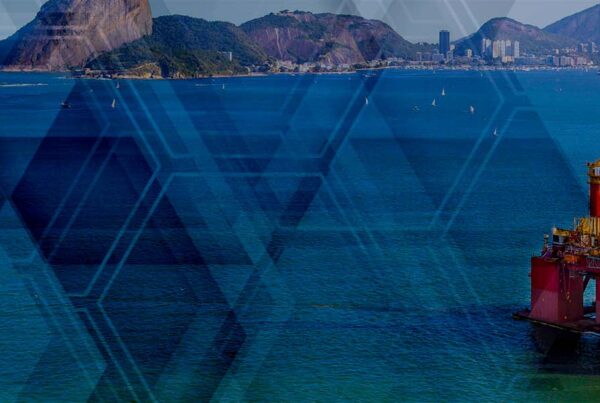 The recent fall in oil prices not only brings the obvious benefits of a boost to the global economy but also an opportunity to address the eye watering costs of energy subsidies.
The recent fall in oil prices not only brings the obvious benefits of a boost to the global economy but also an opportunity to address the eye watering costs of energy subsidies.
The IEA estimated the cost of global fossil fuel subsidies in 2012 was $544bn and renewables $110bn. It has been suggested that the total cost in 2014 could be approaching $1 trillion. Designed to deliver benefits to citizens, petrol and diesel fuel subsidies are mainly found in existing and former producer countries and constitutes a real and growing problem, particularly for some Asian economies. Governments are buying oil at the global market price then selling at below cost, with massive economic consequences and what is more, low prices encourage growing consumption. The reality is that a very small proportion of subsidies reach the really poor. However, cutting off the subsidies causes major local opposition and indeed civil unrest. But the supply of the drug of cheap fuel must ultimately be halted.
So it was refreshing to see Malaysian minister, Hasan Malek announce its government’s plan to abolish subsidies for petrol and diesel from today, December 1. This follows on from Indonesia’s new president Joko Widodo keeping his election promise and announcing that fuel prices will rise by 30% to tackle the growing budget and current account deficits, a move expected to save the government more than $8 billion in 2015. Their timing is good as the low oil price reduces the impact on their people. The previous Indian government also started to increase prices from January 2013 and central bank Governor Raghuram Rajan recently said that it must take advantage of the low oil prices to reduce the subsidies that contribute to one of Asia’s largest budget deficits.
Despite all the well-meaning green rhetoric, history shows that it is high prices that really focus consumers thoughts on energy efficiency and reduce the growth of energy demand. We are witnessing a rare international outbreak of common sense.
John Westwood, Douglas-Westwood London
+44 203 4799 505 or [email protected]



